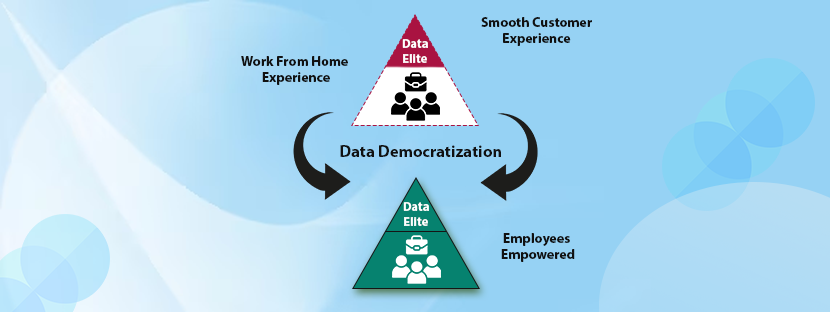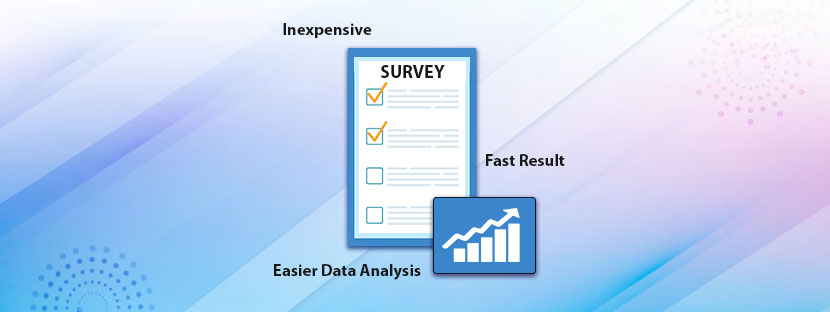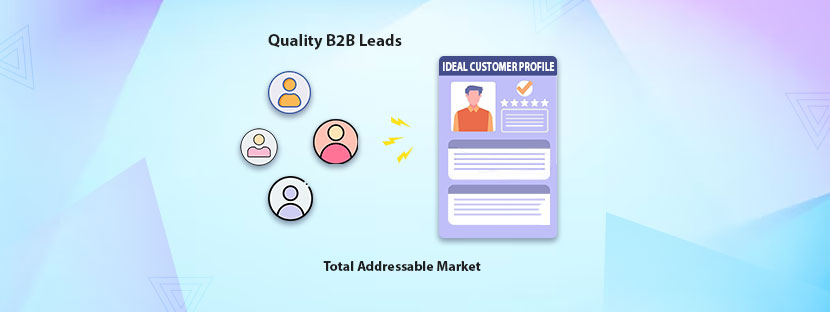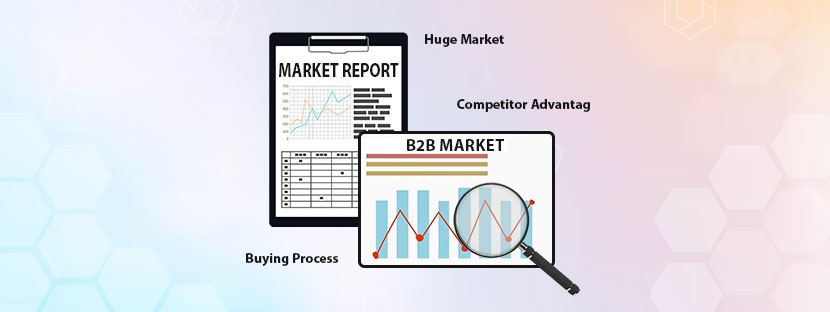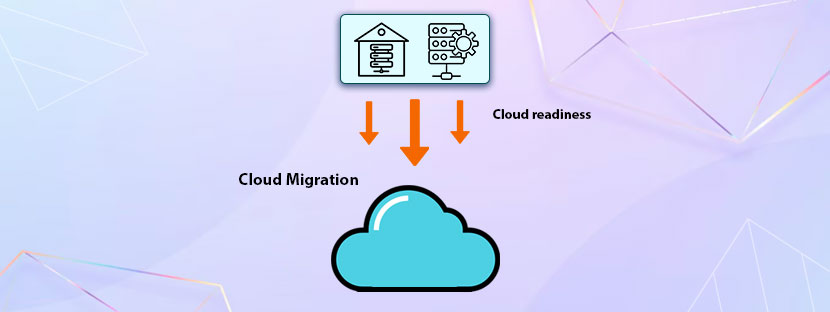Currently, major businesses across the US are granting data access to a wider range of roles. The logic is simple. Data should be accessible to every role to adapt to today’s fast-paced business environment.
Data democratization is the way to do such a thing. It helps organizations to make data available across different departments and roles seamlessly. Organizations get some serious benefits from data democratization to sustain in complex data scenarios. Let’s talk about them in this detailed blog.
1️⃣ Enhanced Accessibility
Data democratization is exactly the opposite of data centralization. It means data is now accessible to every employee of the organization. Not only employees, but data is now also available to all your stakeholders. Previously, access to data has been routed through the IT team, which was there after several rounds of approvals. Basically, data democratization removes all bottlenecks by providing data access directly to the concerned employee or department, bypassing the IT approval.
In other words, data democratization vouches for self-service access when it comes to getting the data. Earlier, because of the presence of various approval rounds, data users had to get the data late. Hence, data democratization has been introduced that promises to cut the time for data access delays. Now, data users can access any kind of data whenever needed without any prior approval, and in real-time without delay.
2️⃣ Seamless Work From Home Experience
The growth of remote work is relentless in the US and also in Europe. Employees find more comfort working remotely from their homes, and they reported being more productive when working from home. However, when employees work from home, they need data access to perform regular business activities. Sharing information with remote teams is another big decision that companies have made in the past couple of years. Utilizing the benefits of data democratization, they made data sharing with remote teams possible.
Setting up a collaborative environment for people to work remotely is possible now because of data democratization. Remote working is made possible because of a democratic data environment. Now it does not matter whether you’re working in the IT, sales, or marketing team, or any team, a democratic data environment has made everything line up. Employees can get all the data they need, even if they are working from remote locations.
3️⃣ Better Operational Efficiency
To pitch a client, your sales team needs more data about the client. Probably they will approach your marketing team to get more information about that client. Further, if the client data is available to your customer relationship team, your sales team will also come there to get that. The only motto here is to finalize the deal, and for that, your sales team needs key access to all your departmental data.
Well, the benefits of data democratization include all this. A democratic data environment brings operational efficiency and streamlines everything. If your organization’s goal is to adopt a customer-centric approach for operations, data democratization is the perfect solution for you.

4️⃣ Make Employees Empowered
At present, more than 74% of companies consider digital transformation a priority. Making data accessible to every employee can significantly help in making organizations digitally transformed. Business leaders believe that employees would do better and improve themselves when they have access to other departments. From another perspective, sharing relevant data with employees can improve their performance as they will get to know what exactly they have to do. Overall, a democratic data environment empowers employees and helps organizations to build a powerful workforce.
5️⃣ Rapid Decision-Making
In the ever-evolving business setup, taking action quickly regarding business is the only way to achieve success. Taking actions quickly is only possible when all your departments are closely aligned. Data democratization can make everything smooth. It helps organizations to share data across various channels. Imagine how efficient your company would become if all decisions were taken based on the facts collected from all your departments.
Data democratization benefits organizations by making the decision-making process quicker and faster. All your departments become free to access data from anywhere in your organization. Hence, they could notify the changes they want to see in the organization. A democratic data environment helps organizations move faster in the competitive market.
6️⃣ Smooth Customer Experience
What’s the most important thing for your business?
—- satisfying customers with a better experience, right?
Well, if that’s so, then you must realize the benefits of data democratization. Most of the companies that are phenomenal in delivering a smooth customer experience have a settled data environment at their core. Because it helps companies get data flown across the departmental verticals.
Customer experience completely depends on how brands treat their customers. While interacting with the customers, there should be a seamless flow running over the layers with no mistakes. For instance, your customers should be treated with their names and the challenges they’re facing. If you made a mistake while addressing them, then the entire experience can turn into a negative matter.
However, data democratization can save your brand from that situation. The departments that are in customer-facing roles can cross-check customer data to make sure there’s no mistake. Democratization of data allows departments to do so. They can access data from any department without any barrier or bottleneck.
Let’s Cut Data Silos
A barrier in accessing the data within an organization can create a data silo culture. Removing this barrier to access data is the only thing can cut the data silo culture from organizations. Data democratization is the thing that helps organizations cut data silios and make all the data available to users. However, there’s a challenge organizations can face while democratizing their data. It’s mostly related to organizing the data structure in the right way.
There’s a way to handle the transition…
Many organizations delegate the entire data democratic transition to an external data management company to make things move faster. External or outsourcing companies can make your data clean, updated, and standardized so people who will use your data can do everything seamlessly.

